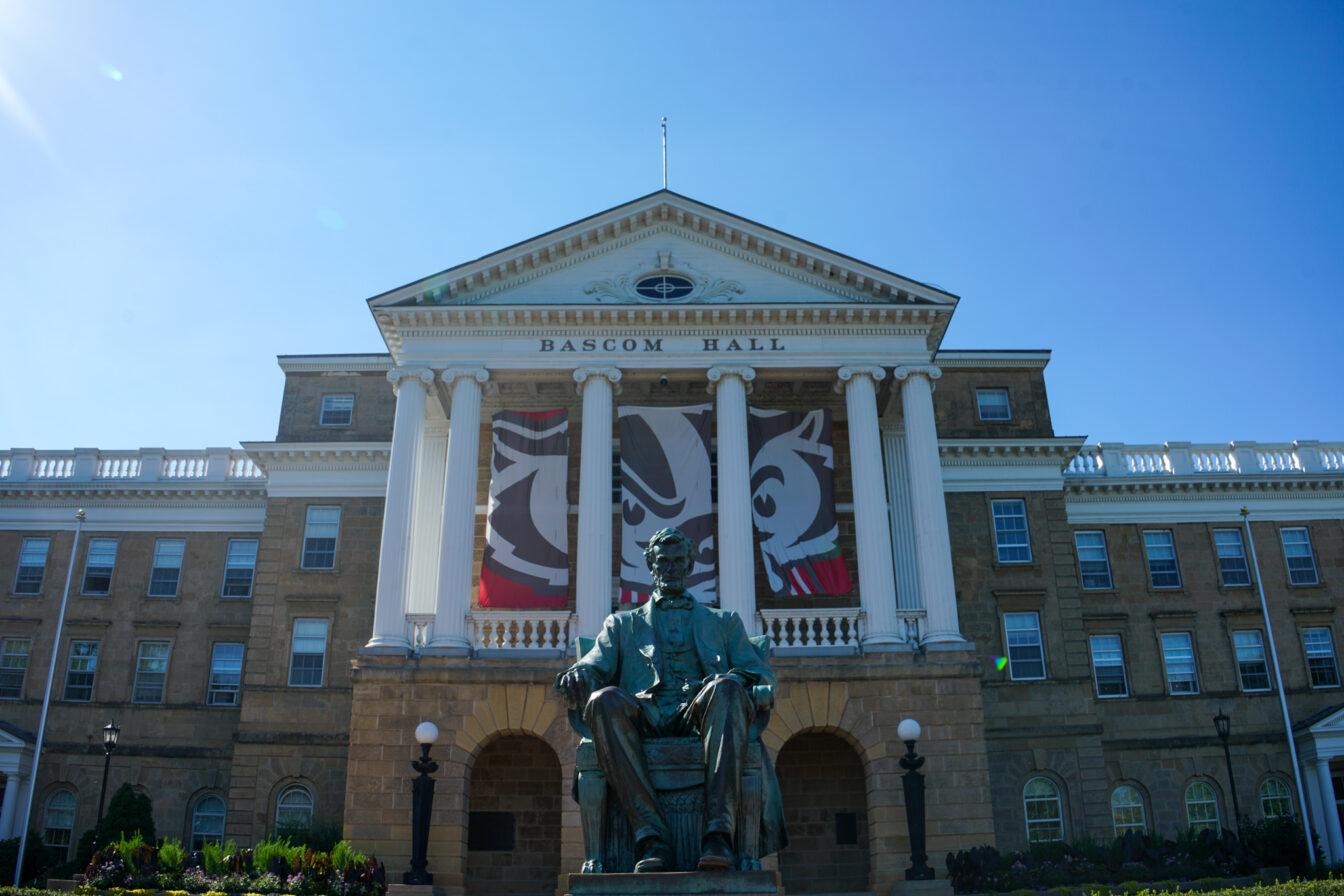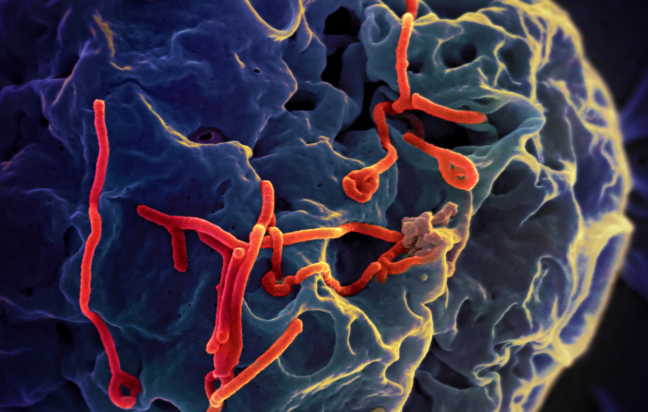[media-credit name=’Courtesy of PETA’ align=’alignnone’ width=’648′] [/media-credit]
[/media-credit]
Demonstrators supporting People for the Ethical Treatment of Animals displayed graphic photographs portraying a cat used in experiments to protest the University of Wisconsin’s alleged acts of animal cruelty Tuesday.
The group, carrying signs reading “UW: End Cruel Cat Experiments,” gathered at Library Mall yesterday afternoon as PETA worked to raise awareness about its allegations against the university. The protest’s main objective was to spread the message to UW students and the rest of the public by providing provocative pictures of cats that were forced to participate in UW research studies, according to Jeremy Beckham, research project manager for PETA’s Laboratory Investigation Department.
Beckham said PETA filed a lawsuit against the university after receiving information about a three-year cat study UW participated in and kept secret from the public. PETA also obtained several gruesome pictures of a cat involved in the study that Beckham said UW did not want to release.
“Taxpayers need to be fully aware where their money is going,” Beckham said. “Three million dollars of tax money has been used to fund these cruel projects.”
September Jaworek, a volunteer at a local animal shelter and an owner of a cat business, joined the protest by handing out pamphlets in an effort to inform the public of what she called “an uproar of animal cruelty at UW.”
Jaworek said many of UW’s techniques and experiment protocols were largely inconsiderate of the animals’ pain levels.
“[UW researchers] are putting steel implants in the cats’ heads and drilling coils in their eyes,” Jaworek said. “UW justifies their reasoning for these cat studies, but they are not taking into consideration the pain these cats are experiencing.”
The anti-animal cruelty protest also included petitioners urging students and the public to sign a statement to end the university’s animal experimentation, according to Jaworek.
According to an earlier UW statement released in April 2011, the Association for Assessment Accreditation of Laboratory Animal Care International Council awarded UW’s animal research programs full accreditation with no additional suggestions for improvement.
Eric Sandgren, UW’s animal research oversight director, added in a recent statement that PETA was making false interpretations and taking techniques out of context.
The statement said university veterinarians looked at each claim made by PETA and found them to be false. Had any claim been proven to be true, the university would have made changes accordingly, the statement said.
UW sophomore Kelsey Corrigan, a biochemistry major who often works with animals in a UW lab, said she found the research practices to be executed with positive purposes.
“We are not vicious toward them or treat them poorly,” Corrigan said. “Instead we use them in an effort to gain knowledge about cancer treatments.”
Beckham said the protests were only the first step in PETA’s fight against UW’s animal research labs and alleged animal abuse.
“We are going to do whatever it takes to inform the public where their tax money is going and what is going on behind closed doors in UW research labs,” Beckham said. “This is just the beginning in our efforts. We plan on continuing protests to inform the public of animal cruelty and will not stop until it is completely eliminated.”


















